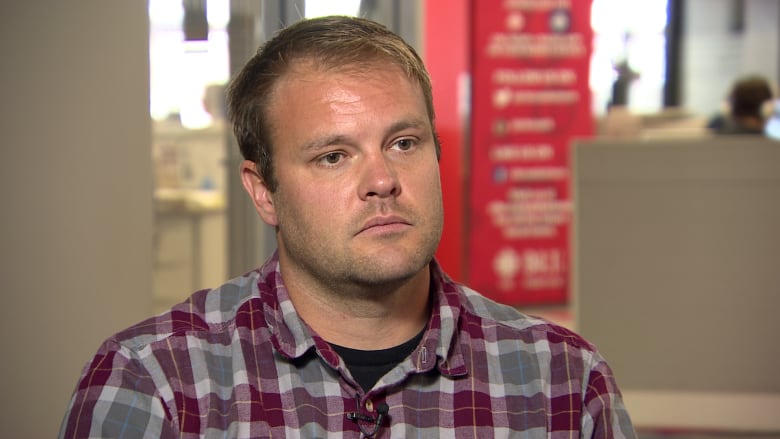Community-driven strategies needed to stop growth of gangs: expert
Robert Henry is gathering input for a provincial strategy to deal with the problem

The conversation around Saskatchewan street gangs needs to change, says a sociology associate professor.
"The gang label itself is negative. As soon as we say gang we think deviants, violence, drugs, crime," said Robert Henry, an associate professor of sociology at the University of Calgary.
Henry, originally from Prince Albert, is helping put together a report with recommendations for the development of a provincial gang strategy.
He's concerned some people might not receive the help they need if they are lumped together in the all-encompassing label of "gang member."
It could mean a person wouldn't be able to access programs that prevent people from making the full transition into a gang, or that they won't access prevention and intervention programs for addiction, he says.

He has been having discussions like this in many Saskatchewan towns this summer as he helps create a typology of gangs so individual communities can develop programs to address problems before people enter the criminal justice system.
Community consultations
Henry led a consultation in Moose Jaw on Tuesday about the public perception of gangs.
It's an extension of the forum in May hosted by Str8 Up in Saskatoon that brought together several different agencies to discuss the development of a "collaborative, prevention and intervention-based provincial gang strategy."
Henry says the approach to this provincial strategy is unique because it's engaging community members.
"If it's going to be a community-driven strategy, then the community needs to be involved within it," Henry said. "They have more onus to own it and to make sure they hold the provincial government accountable."
The consultations are meant to gather information and to educate people about the complexities of a street lifestyle.
Henry will compile the information collected at the consultations for the recommendations report, which is to be handed over to the province at the end of August.